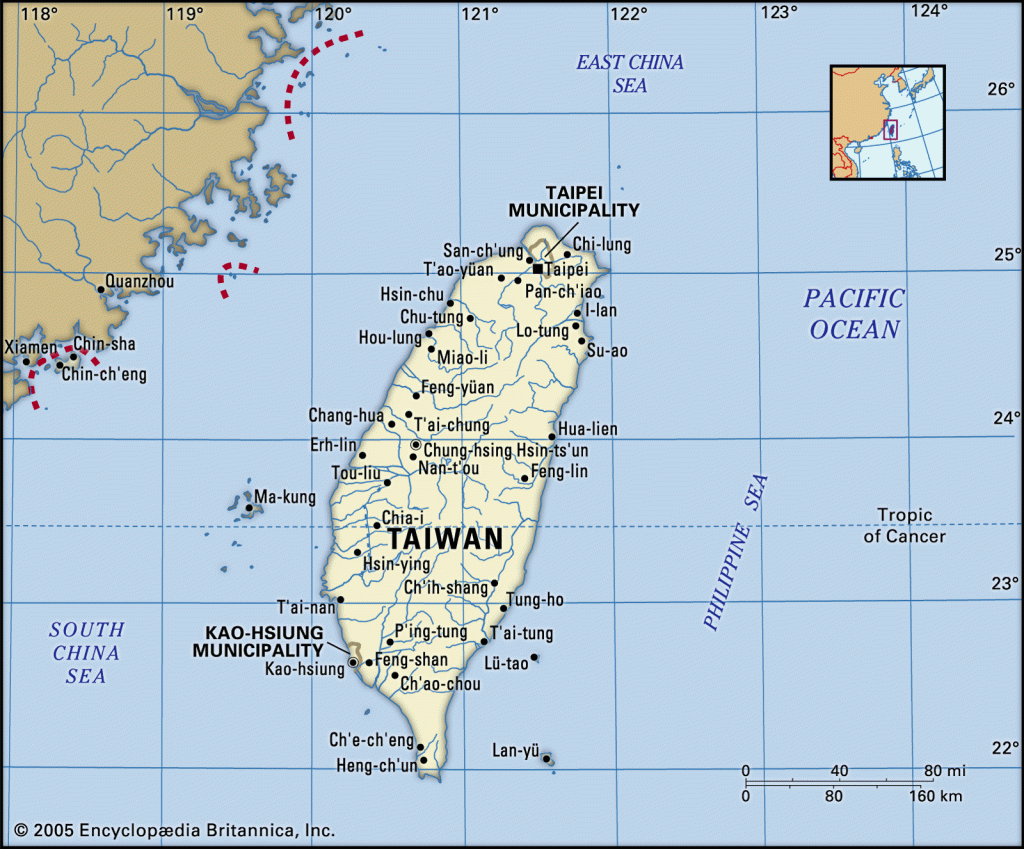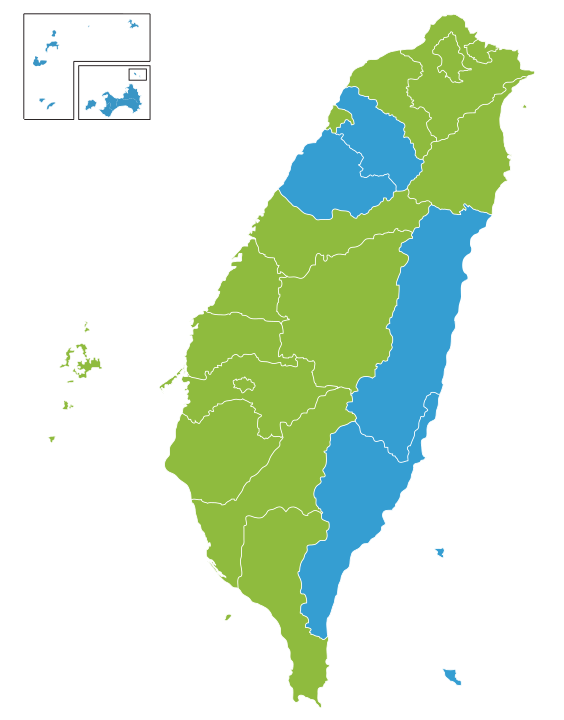Note: this is my statement of purpose (SOP) for a graduate program in anthropology at Emory University. I am also going to apply to Stanford, New Mexico, and Chicago. This is only a rough draft. I have given myself plenty of time to make these perfect, so I am posting this here in order to get harsh feedback and also in case anybody ever finds himself in my position (looking online for examples). The application process consists of five parts: grades, GRE score, Letters of Recommendation, SOP, and resume. My big weaknesses are the SOP and Letters of Recommendation. Any help I could get on my SOP would be great! UPDATE (4/14): Dr Khawaja has kindly provided a forum for my other weakness, the Letters of Recommendation, over at Policy of Truth and I have been learning a lot.
I am interested in land contestations, property rights in stateless regimes, and state formation. There are two main reasons for this. First, I spent three months in the Ghanaian village of Wiamoase, a remote outpost in the Ashanti region, with a medical anthropologist who was then doing graduate work on placebo effects and shamanism at Boston University. Ghana was on the threshold of a third consecutive, coup-free presidential and parliamentary election cycle and I was able to observe how these elections were interpreted by rural Ghanaians. Two major factions figured prominently in the electoral calculations of Ghanaians: the aid-lending Global North and rival, ethnic-based domestic factions. These calculations reminded of the work done by the historian Charles Tilly on the slow rise of democracy in France and the role played in this contestation by the landowning aristocracy. I then decided to conduct an informal survey where I asked villagers whether they had more trust in the politicians of Accra or in the land-holding chiefs who leased out farmland. The unanimous response to my unscientific survey was that the trust of the villagers was in the land-holding chiefs.
Second, at Cabrillo College – a community college in central California – I did Honors research on Javanese political strategies and the Dutch colonial practices that those strategies induced. I was particularly intrigued by the narrative of condescension that dominated Western scholarship up until the 1960s, when the Javanese finally began to be depicted by (some) historians as active, willing participants in the new relationships that were formed by the arrival of European settlers. I presented the results of this research at Stanford University in 2011 as part of a Bay Area Honors consortium, where challenging feedback from professors and participants allowed me to show how this research is relevant to understanding today’s examples of both large-scale organized violence and economic development (or lack thereof).
This research was also featured, in modified form, at RealClearHistory in February of 2014. RealClearHistory is part of the RealClear online series that features work from academics, policymakers, and journalists from around the world on issues ranging from science to history to international relations. RCH also featured my articles on the limits of Japanese imperial ambitions during the Shōwa era and on the European Union’s potential for avoiding the nationalisms of the 20th century by providing inclusive outlets for separatist aspirations. The research done for these features, coupled with my electoral experience in Ghana, produced two notions of democracy in my mind: democracy as a colonial project, and democracy as a power-sharing institution; both of these notions feature prominently in Somalia, my main area of interest, today.
Building upon the work of Peter Little, states are generally taken to be a necessity because of the benefits they provide in regards to public goods. In the postcolonial context, however, states are often wielded as a bludgeon and used as an ATM machine by those who attain its levers of power. When a faction – usually ethnic- or geography-based – wins out in a postcolonial state, the other factions lose power (this is in contrast to long-established, more-or-less democratic states, where “losers” still have institutional representation in a number of ways).
Given this situation, I am interested in both the process of state formation in the postcolonial context, and in the idea of taking seriously notions of informal sovereignty – as exemplified by non-state (indigenous) cooperation at the regional and local levels of borderlands – within current internationally-sanctioned boundaries. In the course of writing my article on nationalisms and the EU, for example, I discovered that three distinct cultural cores of the world – South Asia (India, Pakistan, Bangladesh, Nepal, Bhutan, and Sri Lanka), the Horn of Africa (Somalia, Eritrea, Ethiopia, Yemen, Sudan, Djibouti), and the European Union – have similar geographic spaces, ranging in size from 4.31 million km² to 4.482 million km². Yet within these similar geographies, the comparative number of states is stark: both the Horn of Africa and South Asia are comprised of six states each, while the European Union has nearly five times as many (twenty-eight since 2013). The GDP (PPP) per capita – a leading measurement tool used to gauge the economic health of a country – of these regions (based on 2012 IMF estimates) provides another stark insight: the EU’s GDP (PPP) per capita stands at $31,018, whereas South Asia’s stands at $3,805 and the Horn of Africa’s is $1,679. These are simple but profound economic and geographic quantitative rifts that have yet to be fully explained, especially in the context of the contestation over defining democracy. Can these macro-level data, in turn, be complemented by looking at informal, cross-border market cooperation, comparative interethnic & intraethnic trading strategies, and power-sharing political institutions? More theoretically: Do these informal economies form the basis of viable states?
The pastoralists in southern Somalia offer an avenue of exploration into these questions, especially the cross-border trade between pastoralists and cattle traders in Somalia and Kenya. I am unaware of research being done on how property rights are agreed upon by the parties involved in this sector of the economy, but the quasi-corporate organizational structure of the actors in the cattle supply chain identified by Dr. Little have ample potential. While much work has been done on the destination of Somali cattle products, and on the traders who act as intermediaries between herders, sellers, and producers, the perspective of Somali herders on the regional informal economy has not been studied in depth. How does both land – as an economic factor of production – and conceptions of property rights affect pastoralists’ economic decisions and political acumen? Ethnographic accounts of herder perspectives on informal economies in general and on the supply chain of their cattle in particular can also build upon the foundations necessary for understanding larger-scale social phenomena such as state formation and neocolonial institutions.
I spent most of my time at UCLA living in an outdoor track-and-field stadium and hauling around a cardboard box with all of my belongings in it, which taught me to be determined and I only mention this because it’s good evidence that I have the perseverance necessary to pursue a doctoral degree from your program. My experience in homelessness is not limited to my time at UCLA. I was born in the cultural center of the Mormon world and, when I left that world at a relatively young age, was exposed to the sometimes harsh realities of poverty in the United States. I mention this experience because it has taught me who to pay attention to depending on what I need and what I want. The work of Peter Little on the formal and informal economies of pastoralists in the Horn of Africa has, in particular, attracted my attention, and I hope to be able to learn directly from him. David Nugent’s work on comparative state formation methods is also an area of research I would learn much from, as is the work of Michael Peletz on Islamic law and its relationship with state formation in Southeast Asia.



